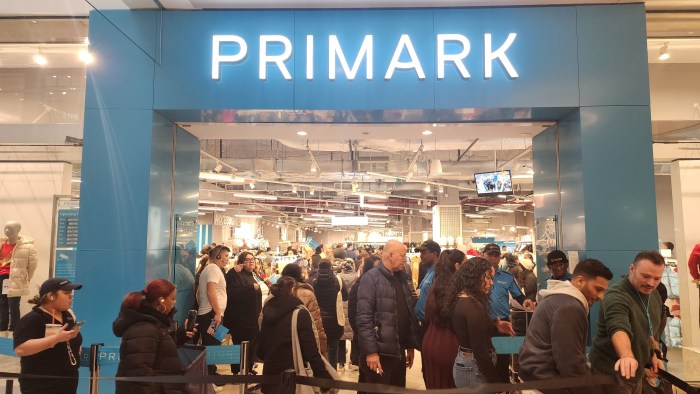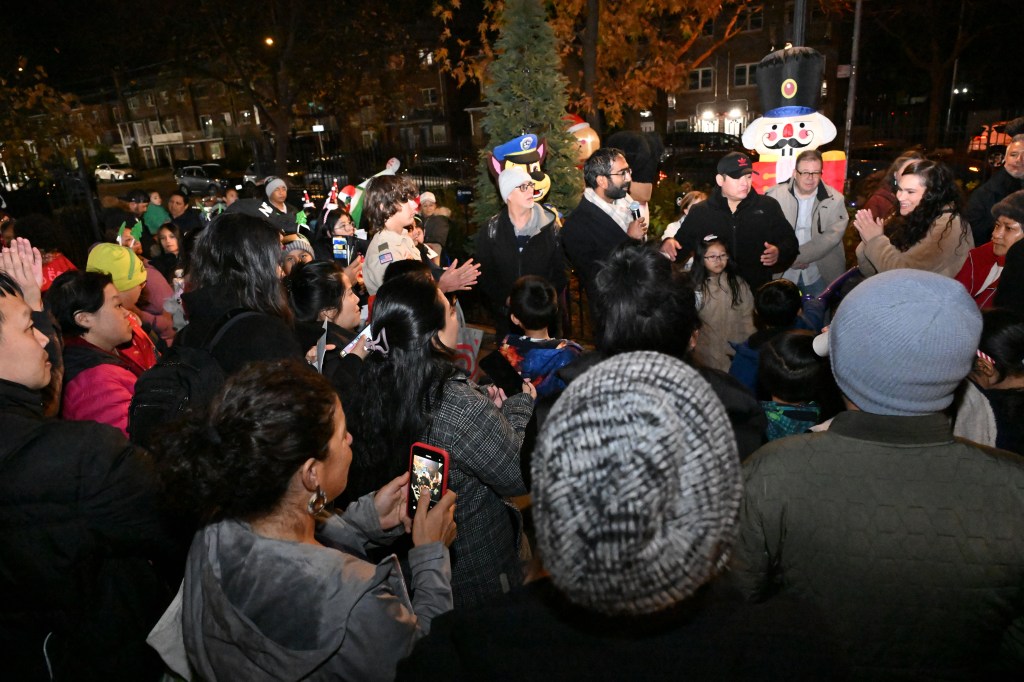By Prem Calvin Prashad
Sometimes old traditions die hard in Queens’ immigrant communities. Despite the best efforts of educators, as well as spiritual and community leaders, some young women face difficulties in asserting themselves, building their identities and receiving equal and fair treatment within their families.
The Elmhurst-based community group South Asian Youth Action convened a hundred young women at The New School, in Manhattan, for the first Desi Girls Conference, a daylong event dedicated to personal and career development as well as breaking cultural barriers.
“Desi” is a Sanskrit term that refers to people originating from the Indian subcontinent.
Judy Goberdhan, program director at SAYA!, noted that the Desi Girls Conference provided the opportunity for young women across the city to come together to connect with each other and learn from dynamic female professionals. This builds on the vision of founder and guest speaker Sayu Bhojwani.
SAYA! has 14 locations across Queens and Brooklyn and provides after-school programs, college guidance and leadership programs that focus on academics, and personal and professional development.
The hub of SAYA!’s operations is at its Elmhurst location, at 54-05 Seabury St.
“We try to use the center as a meeting place for all the sites to come together,” Goberdhan said.
Recently, in anticipation of the college admissions process, SAYA! hosted a college application boot camp, college tours of a variety of schools and an annual career fair.
The event started with keynote speaker Umber Ahmad, an accomplished businesswoman and entrepreneur. Attendees were then given a choice of three workshops: Breaking Cultural Barriers with Faiza Ali, Personal Development with Riti Sachedeva or Career Exploration with Janine Harris.
After lunch and a speech by Bhojwani, attendees were allowed to choose a second workshop from their two remaining choices.
“This is a great opportunity for our young women, and we hope to do this on a yearly basis,” Goberdhan concluded.
Part of bridging the gender gap is also adjusting the male perspective on women in the community.
“Our program promotes understanding across gender lines and empowers both our young men and young women to form collaborative partnerships,” she said.
SAYA! works with young men to overcome cultural and other barriers that affect the perception of women in the South Asian immigrant community.
One of the hurdles faced by young South Asian women is convincing their parents to allow them to leave home for college. SAYA! attempts to engage parents through open communication and workshops, demonstrating the process and allaying their concerns.
“We have an open door policy when it comes to parents and we spend a good amount of effort balancing the concerns of the parents and the independence of our youth,” according to Goberdhan.
The center is as much a “safe space” and a hub for youth in SAYA!’s programs.
Those interested in learning more about SAYA! or enrolling in its programs may complete an intake form at saya.org.



































